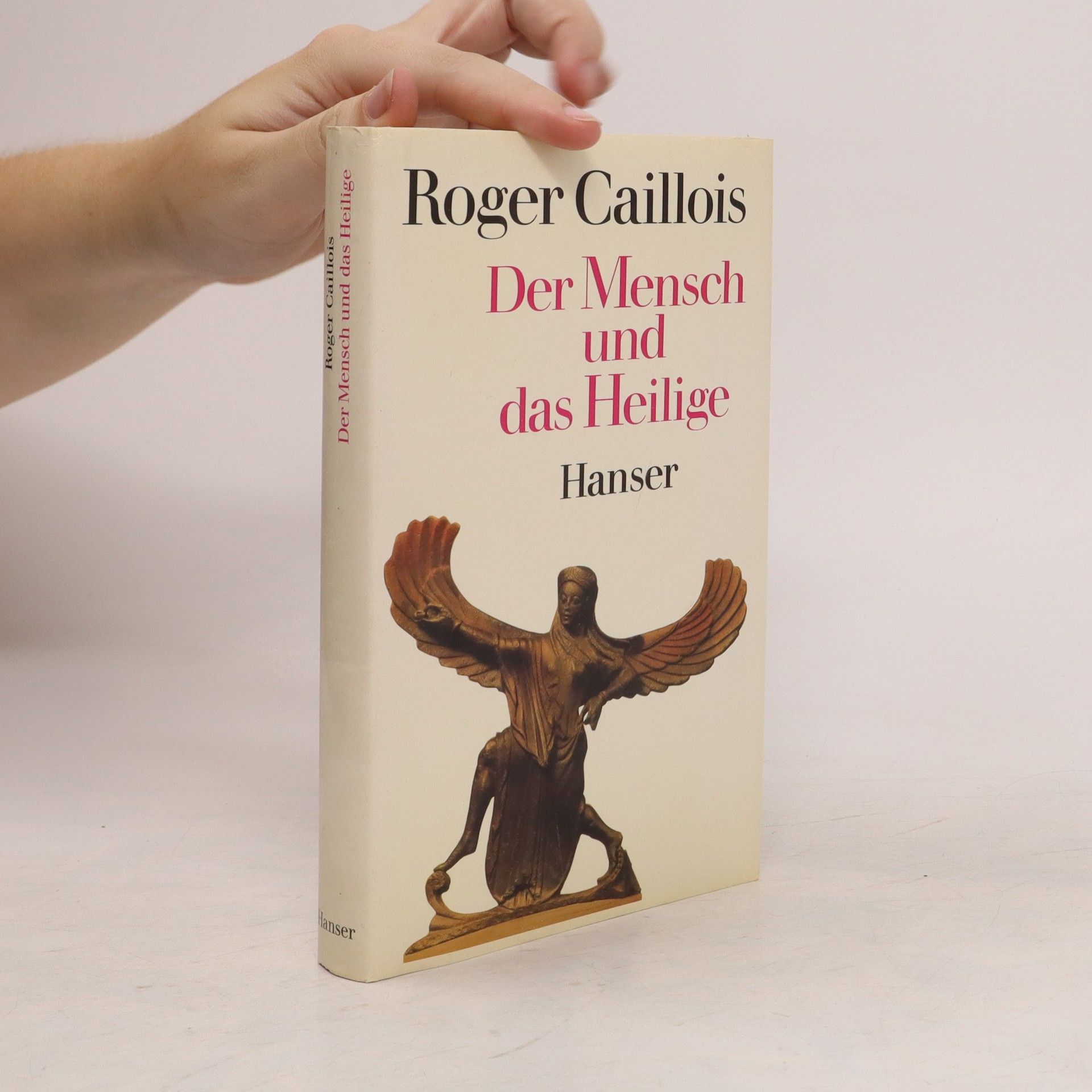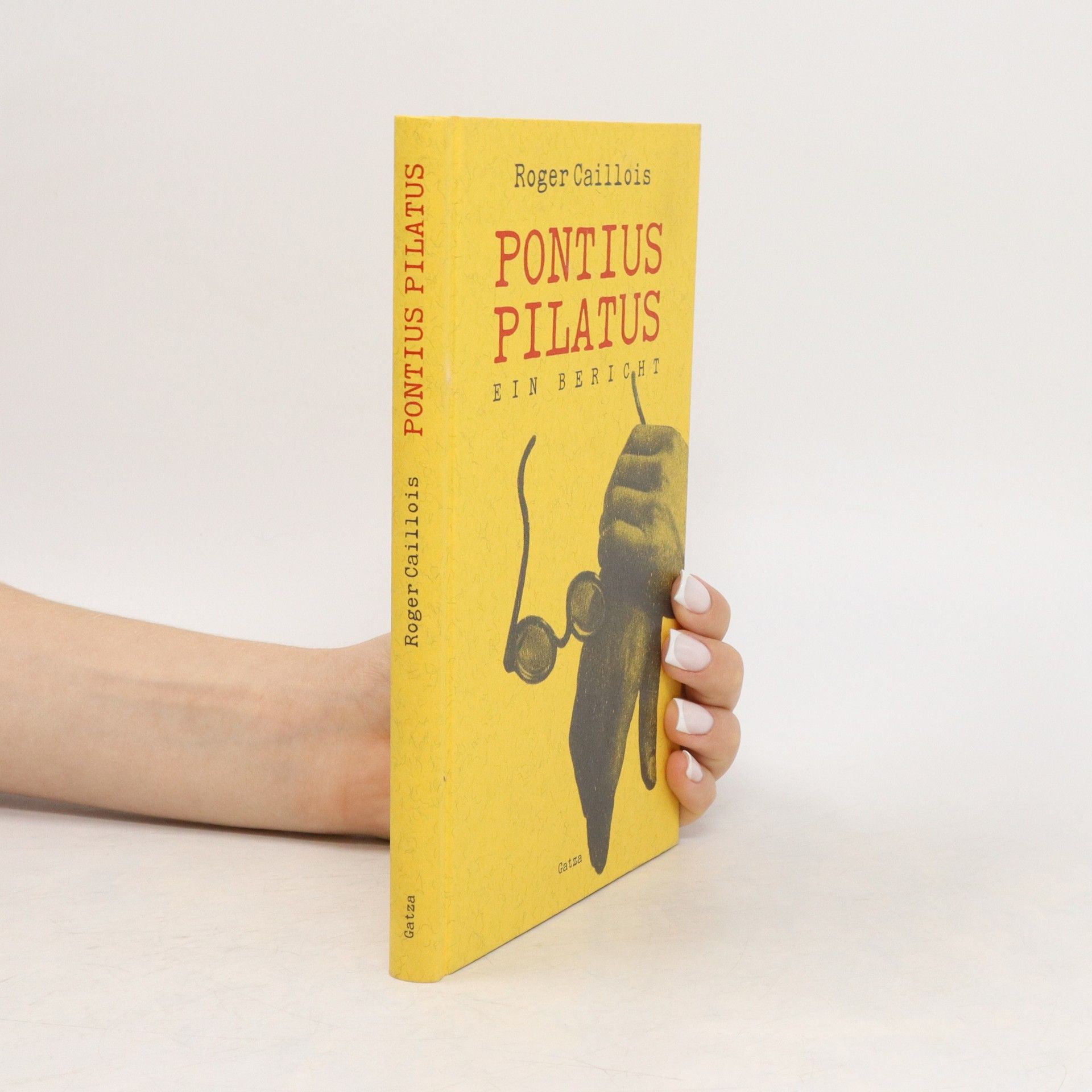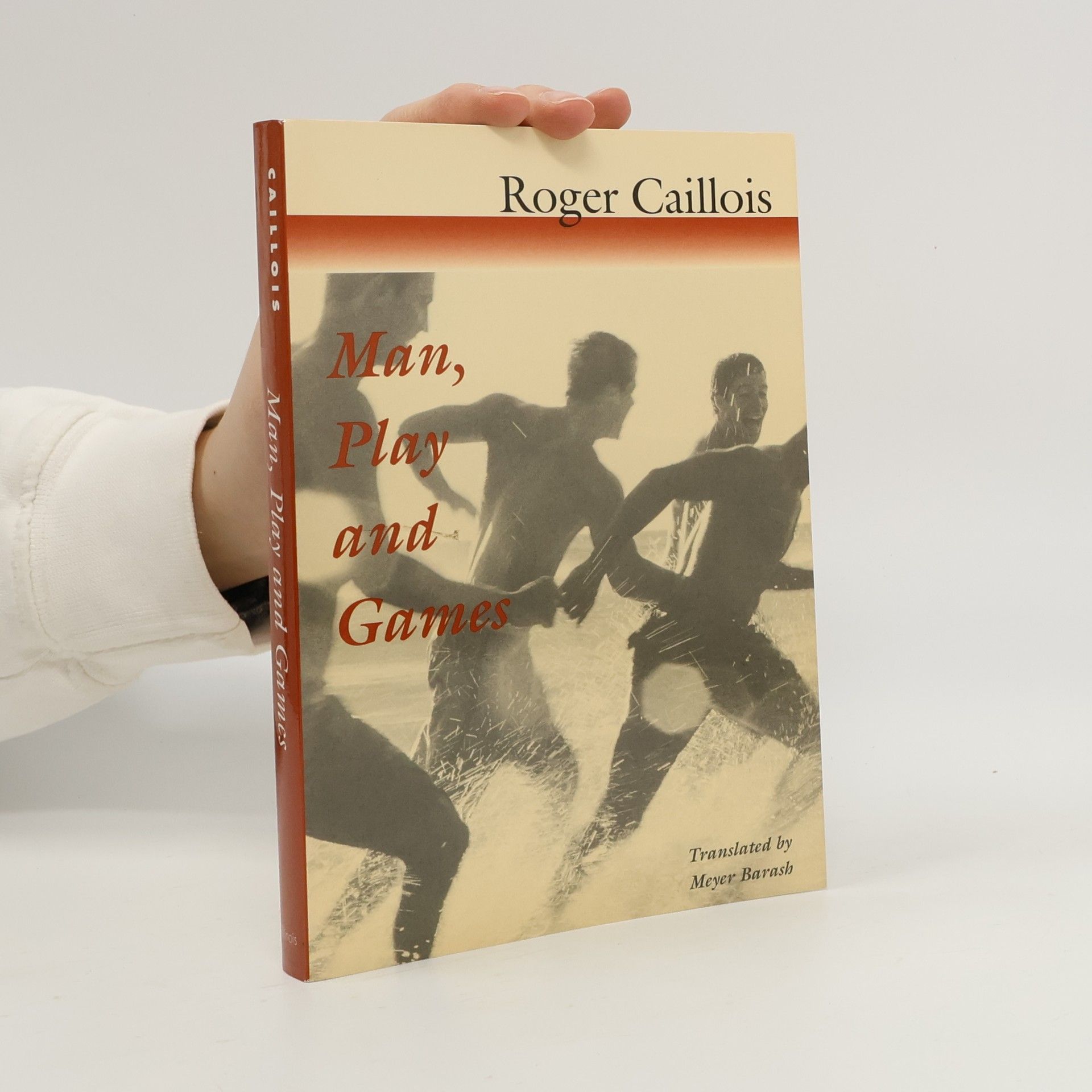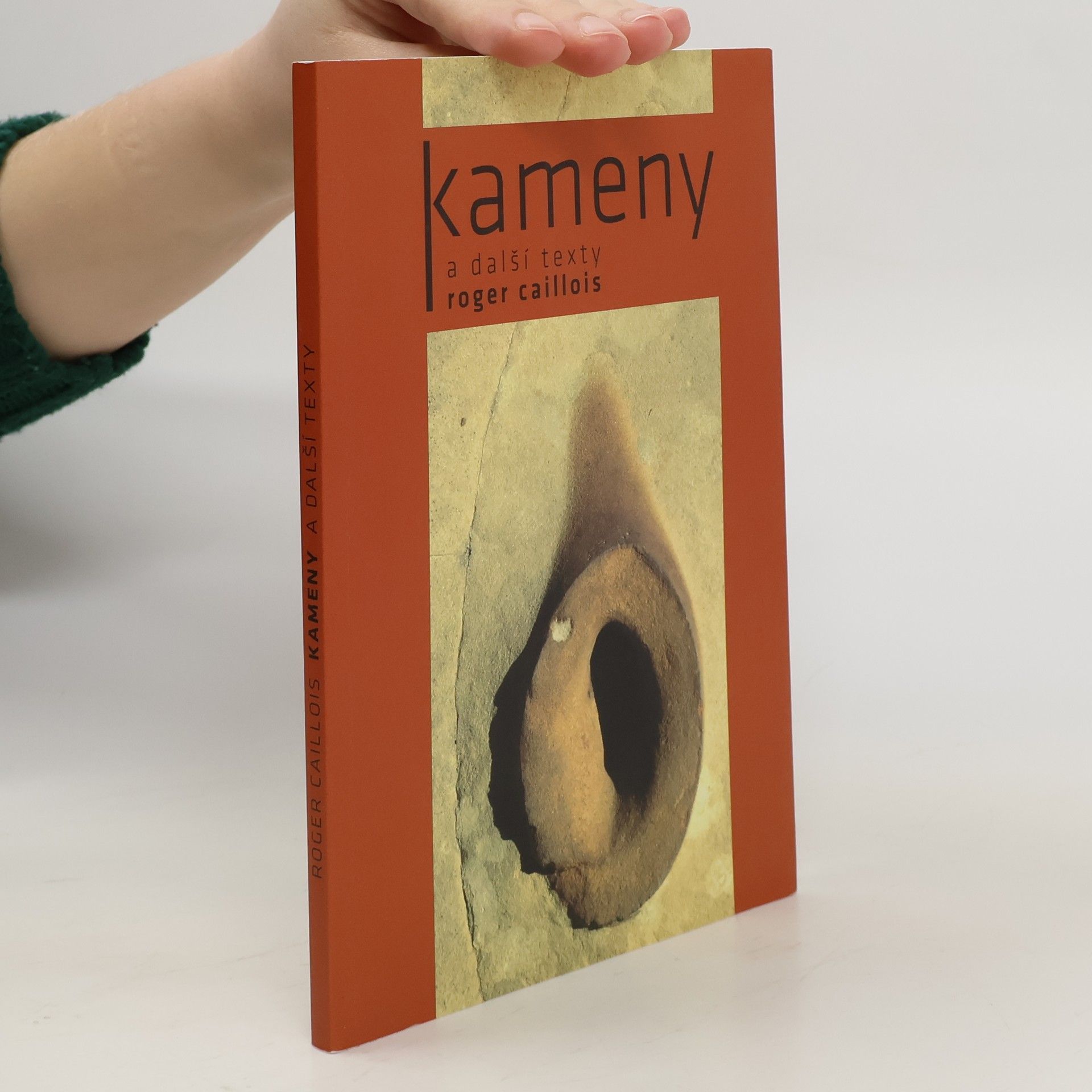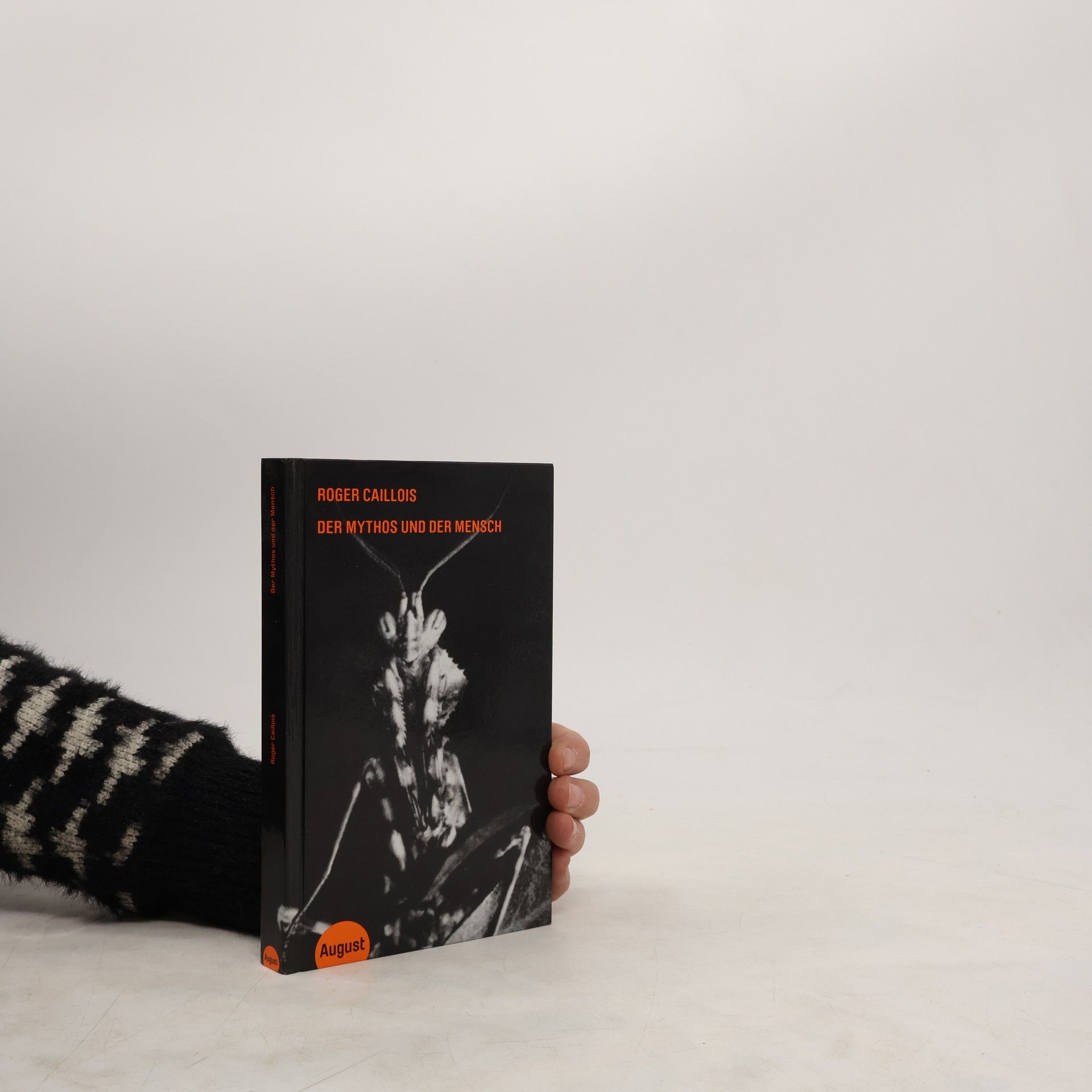La comunione dei forti
- 204pagine
- 8 ore di lettura
La prima traduzione dell'edizione integrale di un testo che ha sempre rappresentato un oggetto di culto, ma raramente è stato letto. Pubblicato a Città del Messico nel 1943, durante l'esilio in Argentina di Caillois, questa raccolta di saggi subì l'anno successivo una ristampa mutilata. A distanza di oltre sessant'anni, il pensiero espresso rimane attuale e provocatorio. L'originalità deriva dall'incrocio di sociologia, antropologia, filosofia e teoria politica, creando una riflessione inclassificabile che ci invita a esplorare un sillabario concettuale di ordine, segreto, vertigine e sacro. In un contesto di conflitto tra democrazia e nazifascismo, Caillois critica le debolezze della democrazia, suggerendo che il fascismo nazionalistico e la democrazia universalistica possano essere considerati varianti di un problema comune. Propone un'alternativa: un regime di "gerarchia degli esseri" basato sull'eccellenza spirituale e le virtù individuali. Questo ideale "aristocratico" di una comunità di eletti mira a instaurare un ordine più universale della democrazia e più antiugualitario dei fascismi, con la possibilità di un'utopia che si avvicina al comunismo.


